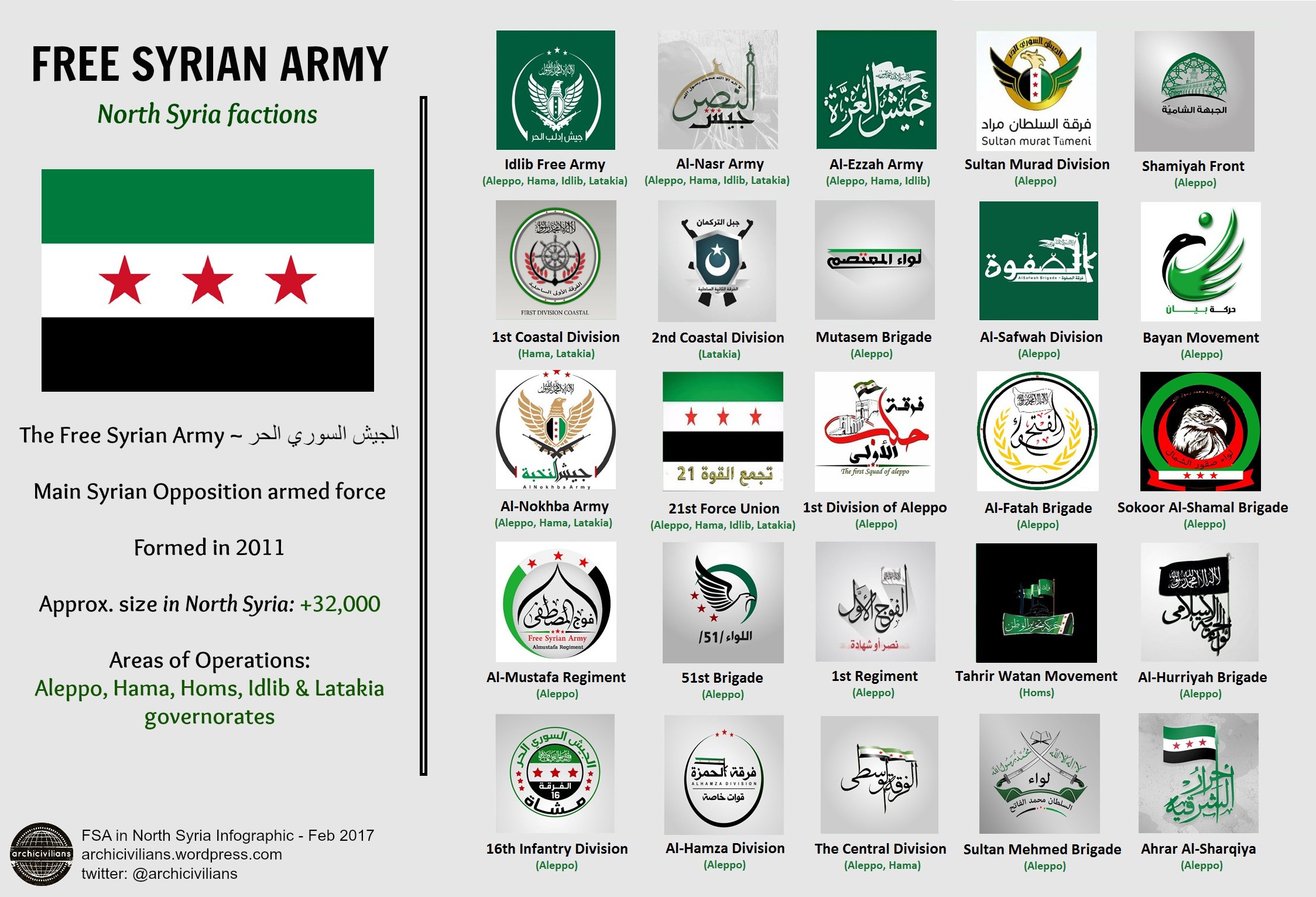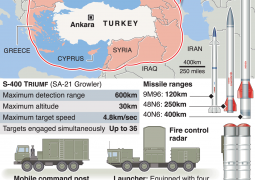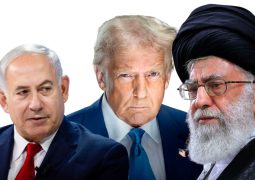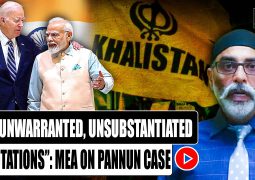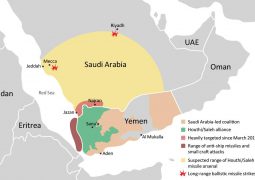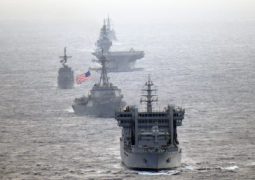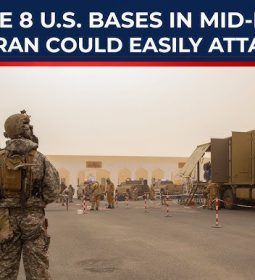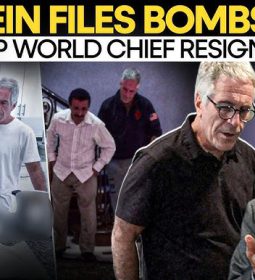Arab states court Syria’s Sharaa, but few trust his Al-Qaeda-linked, Turkish puppet rule

While Arab capitals roll out the red carpet for Syria’s interim ruler, behind the handshakes, suspicion and distrust remain high, and each leader brings his own calculus and red lines to the Syrian table.

 Photo Credit: The Cradle
Photo Credit: The CradleOn 2 February 2025, interim Syrian President Ahmad al-Sharaa (Abu Mohammad al-Julani) made his first foreign visit to Riyadh, receiving a high-profile welcome from Crown Prince Mohammed bin Salman (MbS). It was the clearest sign yet that Saudi Arabia is willing to bet on a man who once led the former Al-Qaeda-aligned faction Hayat Tahrir al-Sham (HTS), now rebranded as Syria’s transitional head of state.
Riyadh’s embrace came as blood still ran in Suwayda and Latakia, where Sharaa’s HTS-led forces, elements of the General Security, and the so-called “new Syrian army” were massacring civilians. That sectarian violence was followed by Israeli airstrikes on Damascus, including the bombing of the former General Staff headquarters. It was in that critical moment that Saudi Arabia and Qatar moved decisively to prop up Sharaa, seeking to stabilize his rule before the crisis spiraled further.

But this joint Saudi-Qatari push does not reflect a united Arab front. While public statements from Arab capitals may appear to welcome Damascus’s new rulers, every state – especially Syria’s neighbours – is pursuing its own calculations. Behind the ceremonial visits and warm declarations lie competing ambitions, fears of Syria’s instability spilling across borders, and the absence of any coherent Arab stance.
After Assad: Hesitation and maneuver
On 14 November 2024, just a month before he was ousted, former Syrian president Bashar al-Assad attended the Arab-Islamic Summit in Riyadh, meeting MbS in what seemed to herald a new phase of Syrian–Arab relations. The visit appeared to leapfrog past Riyadh’s earlier “step-for-step” approach, floated when Syria was readmitted to the Arab League in 2023, despite Qatar’s unwavering hostility to Assad.
But the swift collapse of the old order, engineered through a bold Turkish-Israeli move to exploit the US presidential transition from Joe Biden to Donald Trump, upended regional plans. The same fear that drove Arab capitals to re-engage Assad now drives their guarded support for Sharaa: preventing Syria’s total disintegration into chaos.
Yet approaches diverge sharply between
Lebanon: Security links under duress
Lebanon’s government is treading cautiously. Former prime minister Najib Mikati and, later, current Prime Minister Nawaf Salam both visited Damascus to meet Sharaa, but no Syrian official has returned the visit. Beirut has made clear that further political engagement will wait until Syrian Foreign Minister Asaad al-Shaibani visits Beirut.
Many Lebanese see Damascus adopting an openly hostile tone toward Lebanon and refusing to seriously address the refugee crisis. Without Saudi intervention, clashes three months ago between Sharaa-aligned factions and the Lebanese army near the town of Al-Qasr could have escalated into a full-scale battle.
The turmoil in Syria – from Suwayda’s clashes to government-backed tribal militias and extremist networks – is already felt in Lebanon’s security establishments and throughout its population.
A recent Lebanese public opinion poll on the country’s security challenges showed that respondents across all sects were most worried about the threat from Syria. Of those polled, 73 percent see the turmoil in Syria as an existential threat to Lebanon, with 68 percent fearing a war on Lebanon by armed militants in Syria. The Lebanese military, in turn, is particularly concerned about foreign fighters and extremist recruitment from Syria.
Political circles, meanwhile, are alarmed by signs of Syrian military designs on Lebanon’s northern regions and Tripoli, where some factions have begun tilting toward Damascus and eroding the sanctity of the border.
Beirut maintains only limited security coordination with Sharaa’s agencies, while US envoy Tom Barrack and Saudi envoy Prince Yazid bin Farhan push Lebanese authorities to deepen engagement as a way to pressure Hezbollah into disarmament.
Jordan: Cooperation cloaked in suspicion
Amman has been more overt in its outreach to Damascus. Jordanian Foreign Minister Ayman Safadi publicly backed Damascus after Israeli strikes, and Jordan rapidly expanded trade through the Nasib crossing following Assad’s fall. A water-sharing deal over the Horan region in Syria followed, and King Abdullah II hosted Sharaa in the Jordanian capital.
Security coordination has focused on counter-narcotics and tracking what Amman
calls “Iran-linked groups” in southern Syria. Yet Jordanian fears are acute behind closed doors: Nothing threatens the political establishment – and the Hashemite palace – more than extremist control in Damascus that could embolden Salafist and Muslim Brotherhood currents at home, especially amid heightened Palestinian resistance.
Jordan has dismantled the Brotherhood domestically and arrested its supporters, while launching unilateral cross-border operations in southern Syria under the banner of anti-smuggling and counter-terrorism – moves currently ignored by Sharaa’s government, though subject to change.
Amman’s red lines include blocking foreign fighters, halting Israeli expansion in the south, preventing tribal militarization in Horan, and stopping arms flows into Jordan and the occupied West Bank.
Iraq: Cool ties, deep anxieties
Baghdad moved quickly after Assad’s fall. Prime Minister Mohammed Shia al-Sudani initiated security contacts, followed by meetings between Iraqi intelligence and Sharaa’s circle, and offered 220,000 tons of free wheat.
Foreign Minister Shaibani attended the subsequent Arab Summit in Baghdad, but Sharaa declined, citing opposition from some key Iraqi political factions, and his prioritization of a meeting with US President Donald Trump in Riyadh.
Since then, relations have remained lukewarm, limited to small-scale trade and narrow security cooperation over refugee and ISIS-linked camps.
Iraq fears an extremist Islamist resurgence in western provinces, the political rise of certain Sunni factions backed by Damascus, and ISIS exploiting Syria’s sectarian tensions. These fears divide Iraqi politics: Some blocs reject contact entirely, citing Sharaa’s alleged role in attacks killing Iraqis; others want to leverage ties for domestic advantage.
Quietly, security measures have tightened against Syrians in Iraq, border towers in Anbar have expanded, and army – Popular Mobilization Units (PMU) units have deployed to smuggling hotspots.
Egypt: Distrust and containment
Egypt is among the most skeptical about Damascus’s new leadership. President Abdel Fattah el-Sisi hosted Sharaa, but pro-state media continues to criticize his rule and that of the armed factions dominating Syria. As such, coverage of the Suwayda killings by HTS-linked forces was openly hostile in the Egyptian press.
Like Amman, Riyadh, and Abu Dhabi, Cairo fears the Muslim Brotherhood’s renewed activism, partly channelled from Syrian territory – as well as fearing the possible role of Egyptian fighters in the new Syrian army. Sharaa’s token arrests, such as that of the extremist, Ahmad Mansour, have not dispelled concerns, with many foreign militants still active and even assigned senior positions in his armed forces.
Egypt sees in Syria’s transformation echoes of the Mohamed Morsi era: an army’s collapse, extremist ascendancy, and Brotherhood expansion. Coordination between the two states is therefore minimal, and movement is tightly controlled. Fueling tensions further is alarm in Cairo over reports of Syrian–Turkish cooperation to send fighters into Libya against Egypt’s ally in Benghazi.
UAE: Wary pragmatism
The UAE loosely backed the Assad government throughout the war, driven by hostility to the Brotherhood and extremist Islamists, a push to expand the Abraham Accords, and its regional rivalry with Qatar and Turkiye.
After the fall of Damascus, Abu Dhabi maintained a hostile line, with its foreign minister declaring, “No trust in Sharaa’s government.” That stance only eased when Israel used the UAE as a mediation channel, prompting two visits by Sharaa to Abu Dhabi.
fall of Damascus, Abu Dhabi maintained a hostile line, with its foreign minister declaring, “No trust in Sharaa’s government.” That stance only eased when Israel used the UAE as a mediation channel, prompting two visits by Sharaa to Abu Dhabi.
But Suwayda’s unrest reignited Emirati media attacks, and the UAE has avoided large economic missions to Damascus, sending only private firms on exploratory trips. Hosting Syrian–Israeli talks in Baku allowed Abu Dhabi to maintain quiet contact with all Syrian factions, including Druze and Alawite leaders.
Qatar: Patronage with pressure
Doha remains one of Sharaa’s strongest backers, drawing on ties from his days as Julani, head of the Nusra Front, the precursor to HTS. Qatar played a central role in the talks that preceded Assad’s ouster, and hosted the meetings that handed Damascus to Sharaa.
Qatari state media offers full support, Doha has paid partial salaries of the Syrian state, trained Syrian diplomats, and defended Sharaa internationally. It openly eyes the dividends it expects to reap from its consistent support of Sharaa: Key among these are investments in electricity and telecoms, often with Turkish partners, though work has yet to begin in earnest.

But Qatar has also allowed former Israeli Knesset member Azmi Bishara to publicly criticize Sharaa over minority rights, religious persecution, corruption, and Brotherhood ties – signaling displeasure at his attempts to curb Brotherhood influence to please western capitals and certain Arab rival states.
Saudi Arabia: Using Sharaa to isolate Iran and court Israel
For Riyadh, Assad’s fall left Syria without a functioning state, overrun by extremist factions espousing a Wahhabi creed the kingdom has sought to bury since 2016 – after decades of using Wahhabism as a tool of domestic control and regional influence.
The Israeli war on Lebanon and the assassination of Hezbollah’s secretary-general Hassan Nasrallah presented Saudi Arabia with an opportunity to dismantle Iranian influence in Syria and Lebanon, take control of decision-making, and smooth the path toward normalization with the occupation state.
MbS has used the promise of securing for Trump $1.3 trillion in Saudi investment deals to position himself ahead of Turkiye, Qatar, and the UAE in shaping Syria’s future.
Suwayda’s crisis and Israel’s heavy-handed reaction disrupted this trajectory, forcing Riyadh to send delegations and businessmen to Damascus for a Saudi–Syrian investment forum to bolster Sharaa – without committing substantial funds.
While tacitly cooperating with Qatar and Turkiye to contain extremist threats, Saudi Arabia fears minority separatism could destabilize the kingdom itself. Riyadh, therefore, works to limit Ankara’s monopoly over Syrian files, rejecting Turkish sponsorship of a regional “anti-ISIS” summit, and instead urging bilateral arrangements between Sharaa and bordering states.

In the final analysis, Syria’s near and far Arab neighbors are shaking Sharaa’s hand in order to assert themselves in a Syrian future. They are using money and promises to gain traction, but are equally denying finances and support in order to control Damascus’s options. Relations with the new Syrian government are also critical for the Arab regimes to fend off or thwart their geopolitical and geoeconomic competitors – often times, other Arab states. None seek a strong Syria, even as most reject a splintered, divided one. Ironically, the pursuit of their respective self-interest is likely to ensure that Syria’s future configuration will be designed by far more determined and decisive non-Arab states.
- Previous Why not to ask Tyrks!? Syrian Islamists ask Russian patrols in south Syria to ‘limit’ Israeli incursions
- Next India and Israel lose their US-backed dominance in Asia


